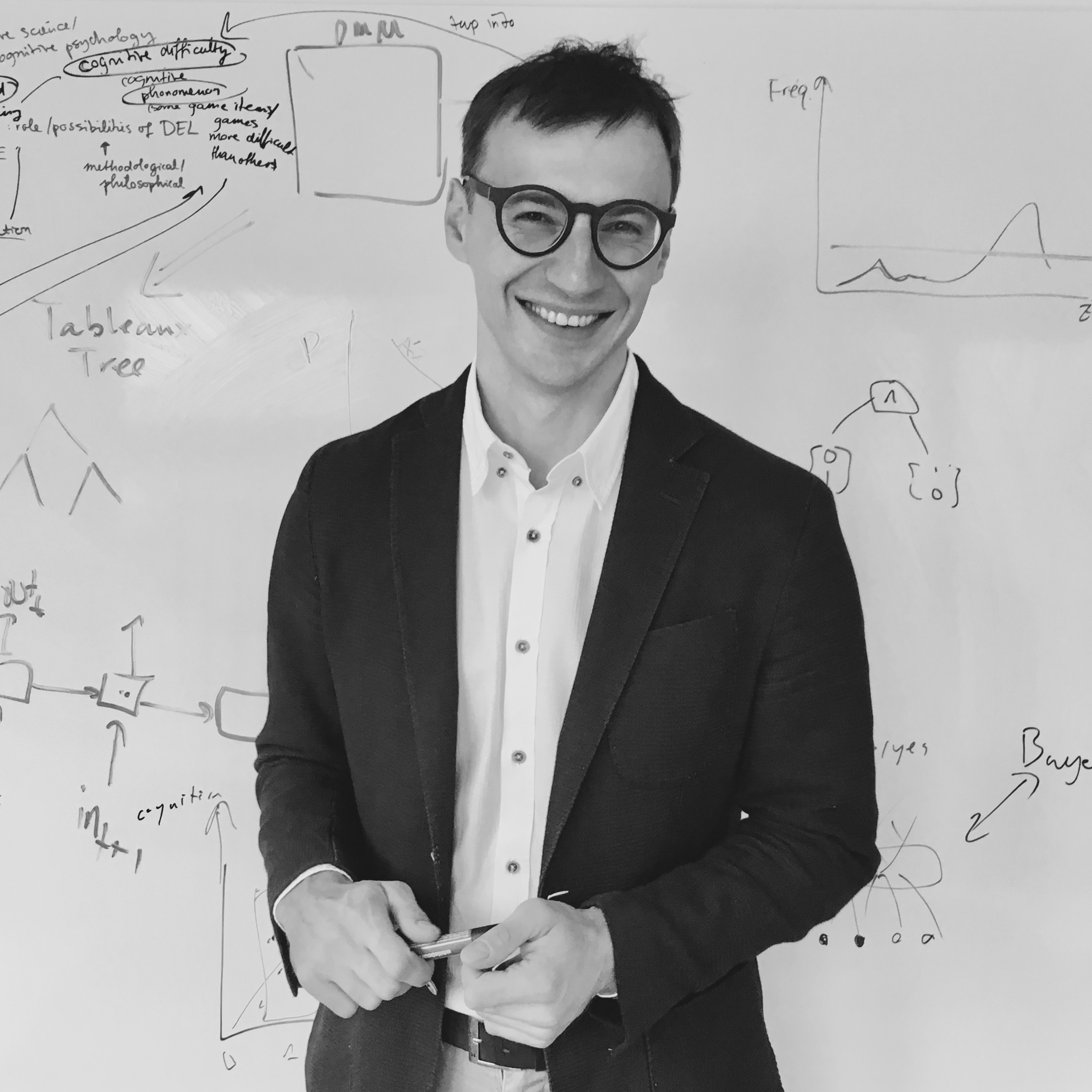The Amsterdam Colloquium will take place this year on December 18–20. In addition to the general programme, the 22nd Amsterdam Colloquium will feature two workshops: one on Semantic Universals and one on Super Linguistics. Together with Floris Roelofsen and Wataru Uegaki I have a pleasure to organize the first workshop. It will focus on “descriptive” and “explanatory” approaches to semantic universals. Terry Regier (Berkeley) and Susan Rothstein (Bar-Ilan) have accepted our invitations to give keynote talks at the workshop. The submission deadline passes on September 1, 2019.
Here is a more detailed workshop description:
In spite of extraordinary differences between languages, linguists have identified shared properties of all languages at many levels of linguistic analysis, e.g., phonology, syntax, and semantics. Linguistic universals are crucial for understanding human cognition. Because they are attested across different languages and communicative niches, they likely reflect general features of human cognitive makeup.
In formal semantics, research on linguistic universals has been highly successful, particularly within the domain of logical vocabulary (von Fintel & Matthewson 2008). Most notably, research has revealed that there are robust universals within the semantics of determiners across languages (e.g., Barwise & Cooper 1981; Keenan & Stavi 1986). Ongoing theoretical developments in formal semantics have provided new avenues for the investigation of semantic universals. The domains in which semantic universals have been explored in recent years include: the lexical encoding of modal meanings (e.g., Nauze 2008; Vander Klok 2013; Matthewson 2016), the semantics of clause-embedding predicates (e.g., Spector & Egré 2015; Theiler, Roelofsen & Aloni 2018; Uegaki 2019), the count-mass distinction and the semantics of measurement (e.g., Rothstein & Lima 2019) and the notion of connectedness as a general principle governing the lexical semantics of both content and logical words (Gärdenfors 2014; Chemla, Buccola & Dautriche 2019) among many others.
In addition to finding out what kind of universals hold across languages, an important question to address is why these universals hold. Explaining why a universal holds requires establishing a connection between language and a feature of the mind. Employing the methodologies of computational cognitive science, recent studies have investigated the cognitive basis underlying semantic universals (e.g., Kay and Regier 2003; Kemp and Regier 2012; Piantadosi, Tenenbaum, & Goodman 2016; Steinert-Threlkeld & Szymanik 2018; Steinert-Threlkeld 2019).
This workshop brings together semanticists working on cross-linguistic universals/variation and cognitive scientists investigating semantic universals from modelling and learning perspectives, and offers a platform for work that identifies new semantic universals or proposes new ways of explaining known universals.

